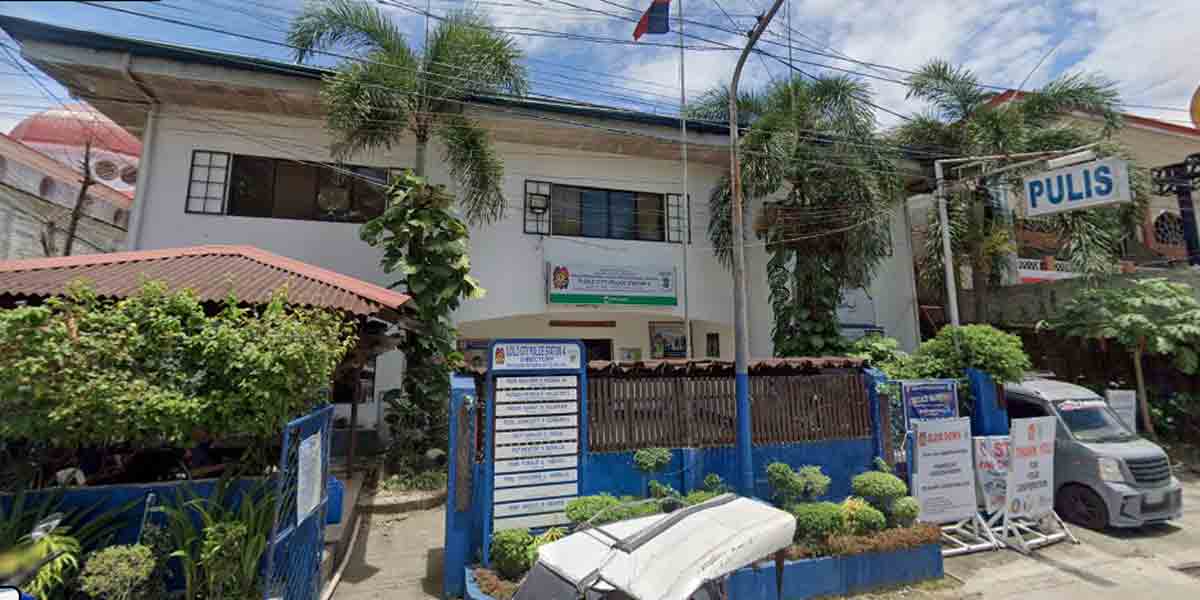
Oceana and fisherfolk groups raise alarm on the pronouncement of President Ferdinand Marcos Jr. in the 2nd State of the Nation Address (SONA) yesterday to revise the Fisheries Code.
“Contrary to the President’s pronouncement in his SONA, the Philippine Fisheries Code (RA 10654) does not need to be amended. We must first comprehensively and fully implement key reforms that were introduced by RA 10654. On top of this list is the science-based, ecosystem approach to managing our depleting fishing grounds through Fisheries Management Areas where management efforts are just starting. We also must prioritize the implementation of transparency measures that are critical in combatting illegal, unreported and unregulated (IUU) fishing, specifically the installation of vessel monitoring measures (VMM) on commercial fishing vessels and electronic reporting system (ERS) of fish catch that should be publicly accessible. We must ensure that all these measures are fully implemented to address the worsening conditions of our fisheries,” said Atty. Rose Liza Eisma-Osorio.
The President said on Monday that the Fisheries Code must be revised to incorporate and strengthen science-based analysis and determination of fishing areas.
Oceana said the Fisheries Management Area (FMA) system under the Fisheries Code, as amended, already provides a science-based, participatory, and transparent mechanism to sustainably manage our fisheries. The group said the law is clear about the state’s policy, adopting the precautionary principle and management of fishery and aquatic resources through the ecosystem-based approach and integrated coastal management through the FMA system.
“Narinig na namin ang panukala mula sa komersyal na pangisdaan na gusto nilang pumasok sa municipal water na pangunahing nakalaan para sa mga municipal at artsanong mangingisda. Hindi kami papayag na agawin nila ito dahil malinaw ang nakasaad sa ating Saligang Batas. Ang pangangalaga ng municipal water laban sa maramihang panghuhuli ng mga komersyal na sasakyang pangisda ay pakikinabangan din nila sa bandang huli. Hindi ito pagmamaramot sa kanila. Ito ay pagtitiyak na ang mga pangitlugan at tirahan ng mga maliliit na isda sa mga municipal water ay hahayaang lumaki upang manganak ng mas marami pang isda. Bakit hindi ito maintindihan ng komersyal at ng pamahalaan?” said Ruperto Aleroza, National Anti-Poverty Commission (NAPC) Vice Chair for the Basic Sectors and Chair of the Artisanal Fisherfolk Sectoral Council.
According to these groups, among the proposed amendments presented by the Bureau of Fisheries and Aquatic Resources (BFAR) together with the commercial fishing sector call for a weakening of the Amended Fisheries Code. These include a compromise of Section 16 of RA 10654 that defines the jurisdiction of local government units, and Section 18, which effectively opens the use of municipal waters to commercial fishing activities.
Aleroza said these proposals did not undergo the required consultations with all stakeholders, including our fellow artisanal fisherfolk and the local governments that exercise direct jurisdiction over these waters.
“Clearly, this is a blatant disregard of the 1987 Constitution because the proposed amendment undermines the preferential rights of subsistence fisherfolk to the use of local marine and fishing resources in municipal waters[1] and of the State’s duty to protect the nation’s marine wealth with the priority to subsistence fishermen[2]. The proposed amendment is short of the foresight needed to stop the further depletion of major fishing grounds inside municipal waters. This alarming development can affect all fishing sectors – both municipal and commercial. It bears stressing that we need to sustain the resources inside municipal waters using science-based legislation because these are important to all fisheries sectors alike,” the groups said in a statement released to the media today.
Oceana is the largest international advocacy organization dedicated solely to ocean conservation. Oceana is rebuilding abundant and biodiverse oceans by winning science-based policies in countries that control one-quarter of the world’s wild fish catch. With more than 275 victories that stop overfishing, habitat destruction, oil and plastic pollution, and the killing of threatened species like turtles, whales, and sharks, Oceana’s campaigns are delivering results. A restored ocean means that 1 billion people can enjoy a healthy seafood meal, every day, forever. Together, we can save the oceans and help feed the world. Visit Oceana.org and ph.oceana.org to learn more.
__________________________
[1] Art. XIII, section 7, 1987 Constitution.
[2] Joaquin G. Bernas, The 1987 Constitution of the Republic of the Philippines: A Commentary, 1185 (2009 ed.). Accessed 17 May 2023.


















